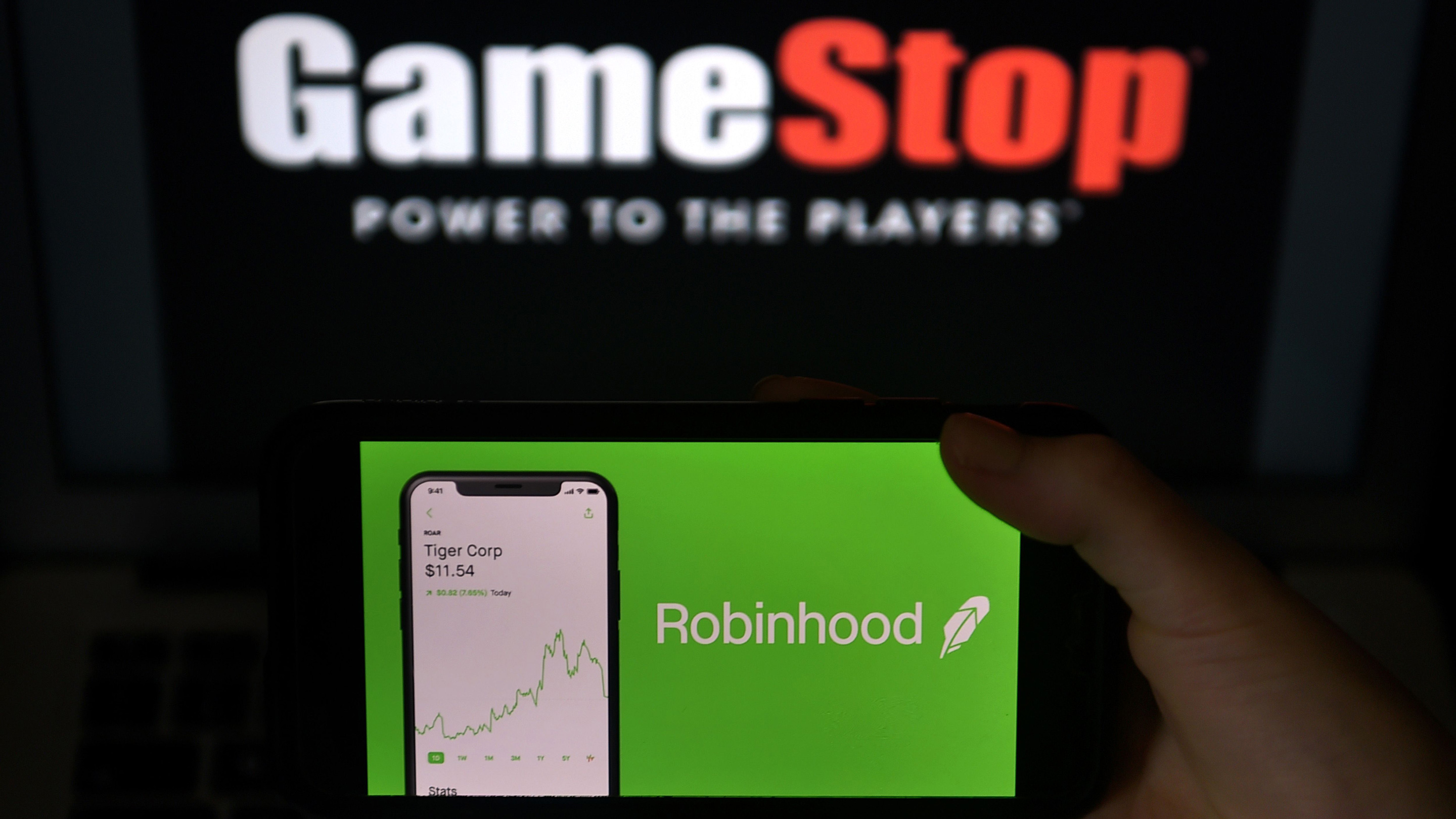High-frequency trading in the spotlight
Author Michael Lewis, who explained the bond market in Liar’s Poker and the baseball draft in Moneyball, says the stock market is a rigged game. His new book, Flash Boys: A Wall Street Revolt, describes how high-frequency traders use special tricks to make money on other people’s trades. They do it a penny at a time, by being milliseconds faster than anybody else.
So, where does that leave individual investors? Playing a different game, says Brian Bachelier of Scottrade. Even day traders, sitting in their pajamas in front of laptops all day, are not looking for profits in the same places as the high-frequency traders.
“We do have some people who are very active traders,” says Bachelier. “But they’re talking about minutes. Five minute, ten minute, fifteen minute intervals. As opposed to the milliseconds. That millisecond game is for institutional players only.”
Which isn’t to say that ordinary people couldn’t be affected. There are two kinds of institutional players in this millisecond game: The high frequency traders are the sharks. Our mutual funds are the minnows. They get bit every time they do a trade.
Lawrence Glosten, a finance professor at Columbia University, explains what that means for individuals planning for their future. “What it means,” he says, “is if you want to retire someday, you should be putting your money in an index fund, in which they’re not going to bear many of these costs at all.”
Meaning: Index funds do less trading than actively-managed funds, so the sharks have fewer opportunities to bite.
There’s a lot happening in the world. Through it all, Marketplace is here for you.
You rely on Marketplace to break down the world’s events and tell you how it affects you in a fact-based, approachable way. We rely on your financial support to keep making that possible.
Your donation today powers the independent journalism that you rely on. For just $5/month, you can help sustain Marketplace so we can keep reporting on the things that matter to you.


















